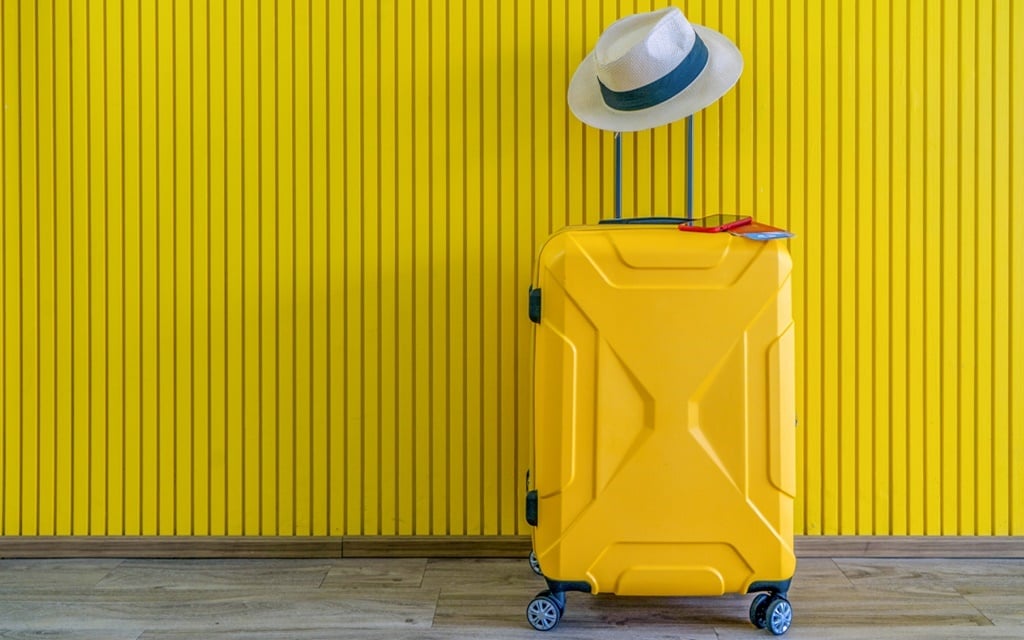
- Tourism Minister Mmamoloko Kubayi-Ngubane asked a policy review panel to consider implementing different prices for local and international tourists.
- She says some tourism establishments in the country have already introduced such a two-tier system.
- In her view, this has not only brought higher occupancy rates, but also prevented staff retrenchments.
While some tourism establishments have already introduced a two-tier pricing system to differentiate between South African and international travellers, many prices are still not affordable for locals, according to Tourism Minister Mmamoloko Kubayi-Ngubane.
"We encourage establishments to look at local and international pricing. In [view] of the long term, I have asked a policy review panel to look at the possibility of a policy for having prices for locals and others for international visitors and how this can be implemented," the minister said during a briefing on Thursday about a recovery plan for the tourism sector.
"Currently, we are just encouraging the tourism sector to decide for itself, in case they want to use such an approach to attract people, especially during this period when SA is still blacklisted by a lot of countries. It is our understanding that establishments which introduced lower prices for domestic tourists, often did not have to dismiss their staff and also had higher occupancy rates."
In her view, it is the domestic market that will drive cash flows and enable establishments to pay their bills and maintain their facilities.
"It would be sad to see establishments closing while there is a domestic market," she said.
Sisa Ntshona, CEO of SA Tourism, said during the briefing that pricing is is about supply and demand. The impact of the Covid-19 pandemic on SA's tourism sector has led to the recalibration of prices, in his view, and it should now be all about value offerings.
"Flexibility around cancellations or changing dates are also very important for bookings. We are also getting a boost from many South Africans who used to travel overseas and are now rediscovering their own country. The trick is we want them to stick even when international travel reopens up," said Ntshona.
Tshifhiwa Tshivengwa, CEO at the Tourism Business Council of South Africa (TBCSA), said during the briefing that the issue of pricing has been raised many times.
"Currently, the majority of establishments' prices are 50% of what it used to be before the pandemic. Everyone is trying to make sure a few people can walk through their doors, while input costs always remain a concern," he said.
"Right now, as a sector, the goal is to grease the wheels of tourism businesses so that at least there is movement and their staff can have work, even if just over weekends since there is no business travel."
Increased competition
Increased competition Ntshona cautioned that, despite there seems to be a lot of pent-up demand for global travel, competition will be very tough among destinations to get them to destinations.
"All destinations are screaming out to tourists 'come to me, come to me!' SA is a long-haul destination for international travellers. So, if we can include offerings like Botswana's Okavanga, the Namib desert and Victoria Falls in our packaging, it will be more attractive. But that would need a lot of collaboration between the private sector and government," he suggested.
"Although, South Africa's tourism sector, like the rest of the world still finds itself in an uncertain space, the vaccine rollout is almost seen as a confidence builder. I am very confident. Domestic tourism is still our bread and butter, our anchor. The next phase will be regional travel, especially across our land borders where people can drive to. Then, ultimately, international arrivals will be very important."
For him it is also very important to understand consumer behaviour and changes regarding how safe they feel to go to destinations.
"We hear they travel in 'bubbles' and want to explore open spaces. This bodes well for SA as we have beaches, mountains and the bushveld where they can socially distance. There are also people who undertake 'workations' - where they work while on vacation," said Ntshona.
"In our urban areas, however, tourism is still very soft. We are keeping an eye on international tourism to make sure we can plug into it again once it restarts. We have to make sure we have new products and new hidden gems visible for them to see and available. From a source market perspective, we want people from other African countries, especially the SADC region, to travel to SA as they spend money here."
Consumer pressure
Tshivengwa said the concern is that, if SA's economy is not doing well, locals will not be able to travel to the extent that it can sustain the domestic tourism sector. This makes the return of international visitors very important, as well as regional travel. He too would also like to see some level of regional integration from a Covid-19 regulations point of view.
"We have started conversations about regional integration and think it will bear fruit," he said.
"We believe domestic tourism is doing well for us. Government and corporates must also just start to travel to sustain our industry and conferences and meetings must come back. We have protocols in place to deal with it," he said.
"The safety and security of tourists are also very important and we engage with business and the authorities in this regard. The Department of Tourism is also quite involved."
